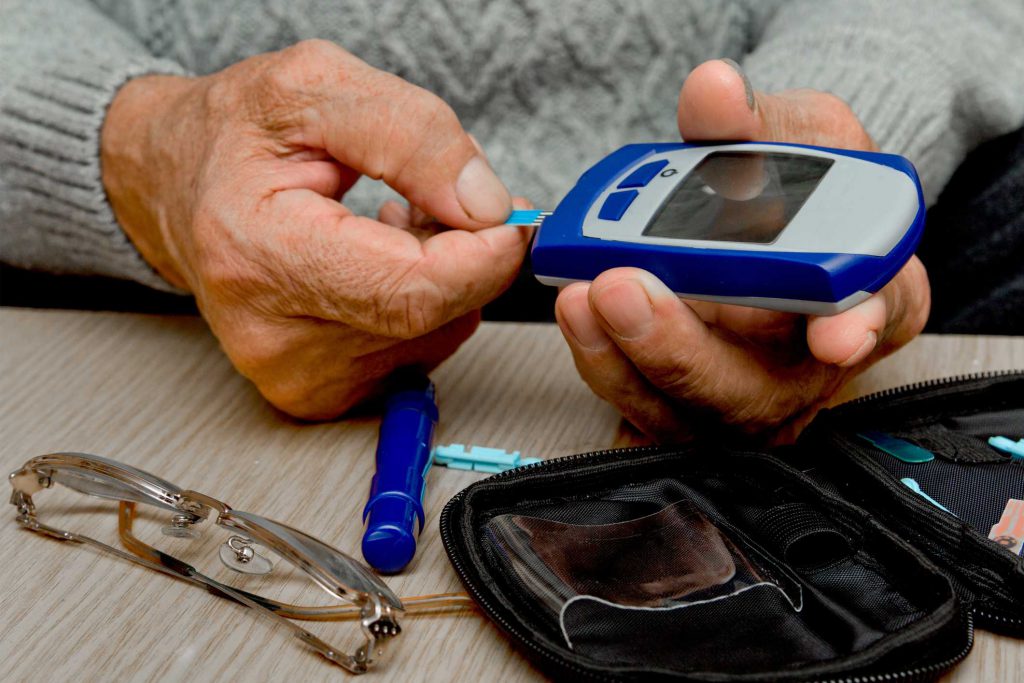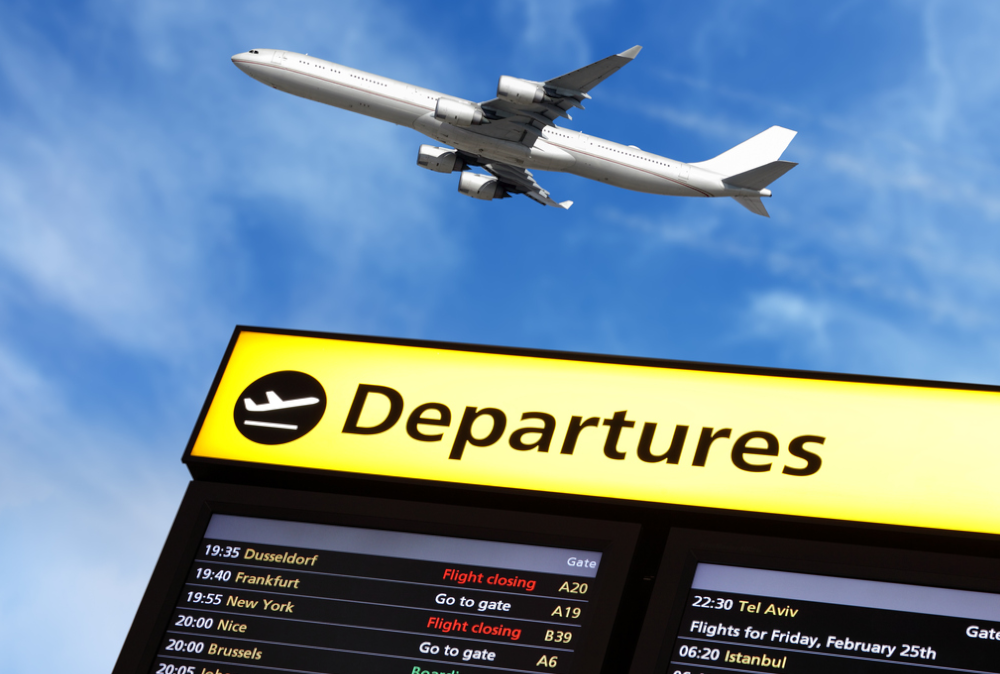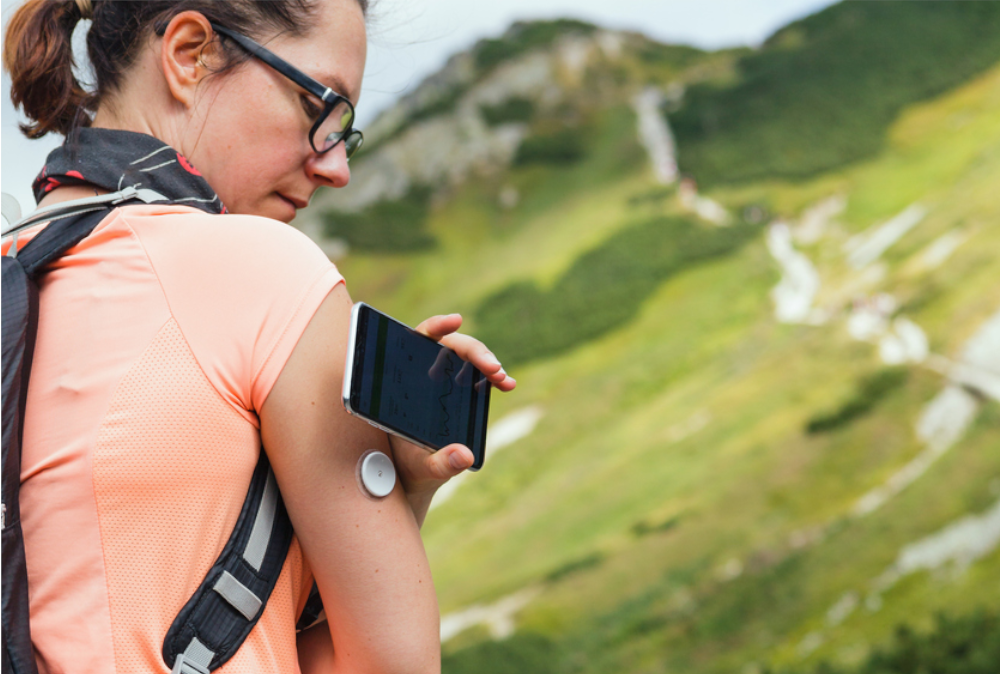Finalising holiday plans is never an easy task, but having diabetes and travelling can make things a bit more complicated. Requiring a little extra forethought, you can still go on your dream trip without letting your condition hold you back.
Loading up on additional medication is a crucial aspect of travelling with diabetes. Still, there are several things that can trip you up if you have not considered them before your holiday begins.
We’ve provided a run through of what to note while planning your holiday, which could help you avoid unwanted, stressful situations later on.
1. Time Zone Changes when Travelling

If you are travelling to a country such as New Zealand, which is 13 hours ahead of British Summer Time, you will need to discuss a medication plan with your diabetes team prior to departing.
Time zone changes of one or two hours can be adapted to with relative ease. If you are unsure about medicating due to the time zone, you should investigate what to do before you reach your destination.
2. Altitude Affects Blood Testing

Some glucometers can under-read at altitude – a significant deviation can become apparent between 1500 and 2000 metres.
To ensure greater accuracy, take readings in the shade as heat and humidity can also play a factor in false results. Keep your meter and test strips warm and use a large drop of blood to prevent rapid drying on the test strip.
3. Medical Services Might Not be Free when Travelling

Most countries outside of Europe will charge UK citizens for medication services, although some countries – such as Australia – will have a reciprocal healthcare agreement with the UK.
It is worth researching if you might have to pay for hospital treatment in your destination or if you require identification that proves your UK residency to receive free treatment.
4. Warm Weather Affects Insulin

In warmer climates, insulin absorption can be greater – as can the risk of hypoglycemia for insulin users.
It is important to regularly check your blood glucose levels, especially if you have made any adjustments in your dosage to account for the heat.
5. Syringe Availability Might be Different in each Destination

The strength of insulin used in the UK and most other countries is U-100, but in some countries – Tunisia, for example – U-40 syringes are most commonly used.
Insulin is not interchangeable, and you would require a U-100 syringe for U-100 insulin. Researching this beforehand is wise, while you would need to work with a doctor in your destination to make sure you inject correctly if you use a different form of insulin.
6. Diabetic Meals Aren’t Always Worth the Fuss

A number of airlines provide a ‘diabetic meal’, but this can still raise blood glucose levels as starchy carbohydrates are often included.
You can ring up the airline to check which food in your meal could raise blood glucose levels, and if you have a specific diet to be catered to, but bringing your own snacks or eating before the flight are options that can negate the hassle of a diabetic meal.
7. The Effects of Long Haul Travel

Certain journeys across the world can require travel that lasts many hours. You may need to make adjustments to your medication on the journey, which should be discussed with your healthcare team before you depart.
Information such as flight schedules and planned time zone changes can be useful in assessing how best to plan the timing of your medication.
8. Insulin Pumps on the Move

There are a number of tips to make life easier for travelling with an insulin pump. These include keeping your pump away from X-ray machines and remembering to disconnect your pump during takeoff and landing.
9. Keep Travel Insurance in Mind

Diabetic Travel Insurance is crucial, but not automatically covered on a travel insurance policy.
People with diabetes require adequate cover from their policy, as this can compensate for the replacement of any medical supplies or emergency transport home.
Due to the risks associated with diabetes, you might face higher insurance premiums when looking for travel insurance.
With the launch of our new Diabetes Travel Insurance service we can help you find affordable cover from specialist insurance providers.



